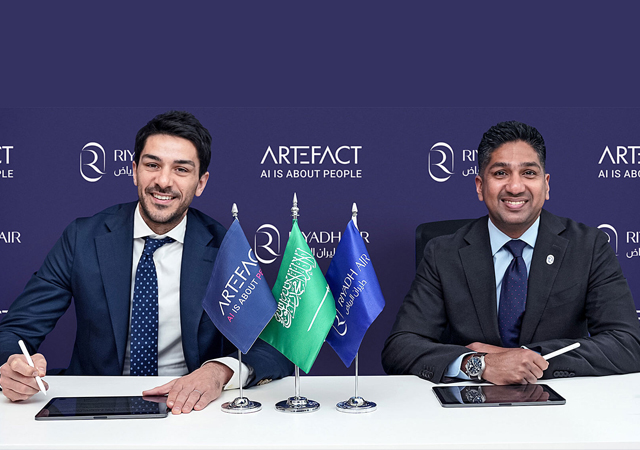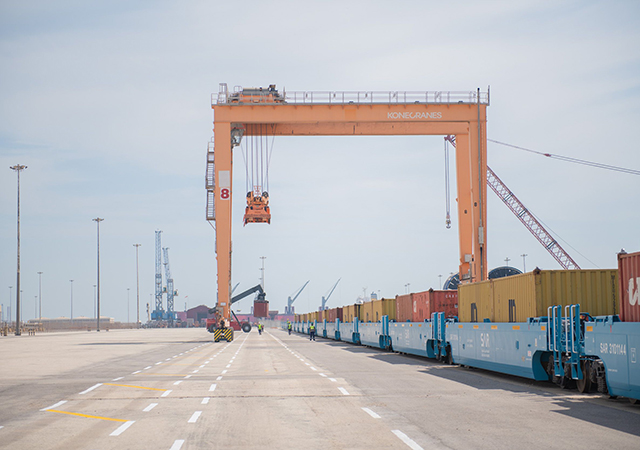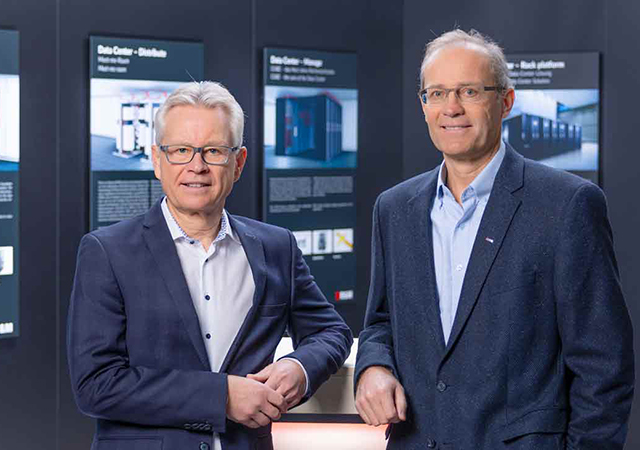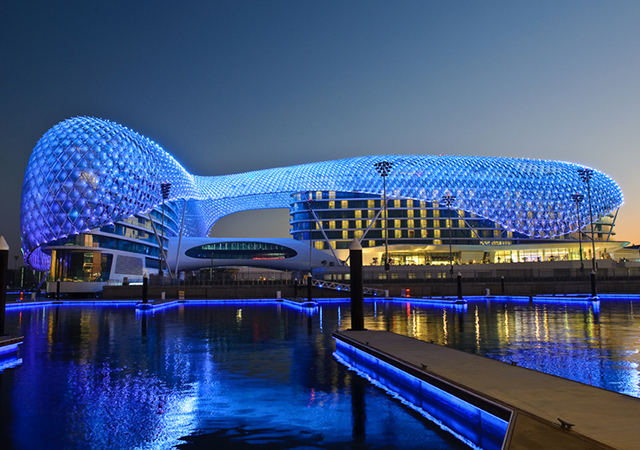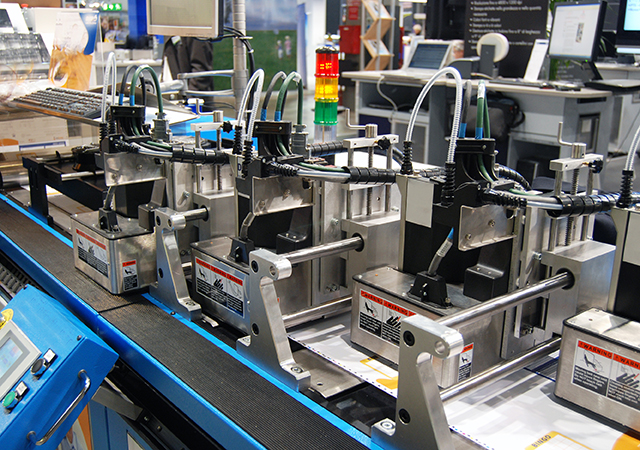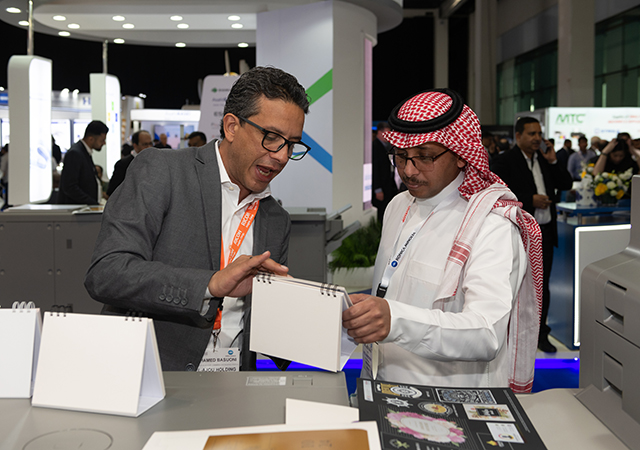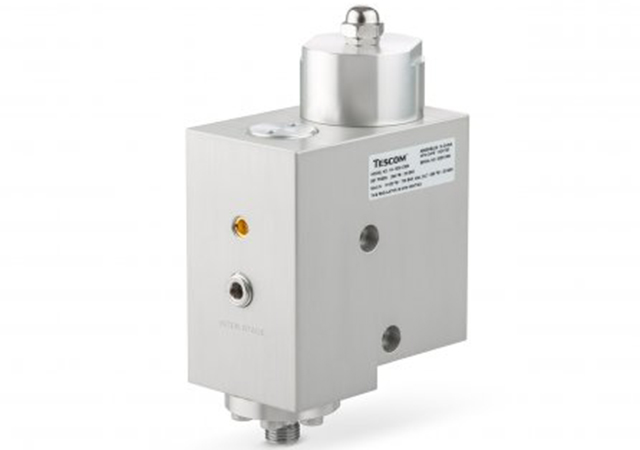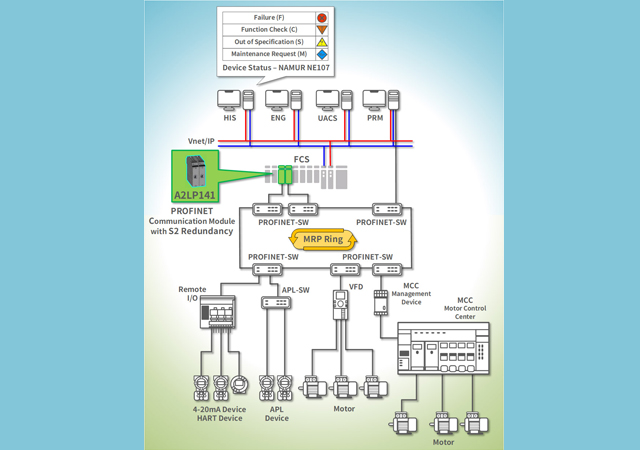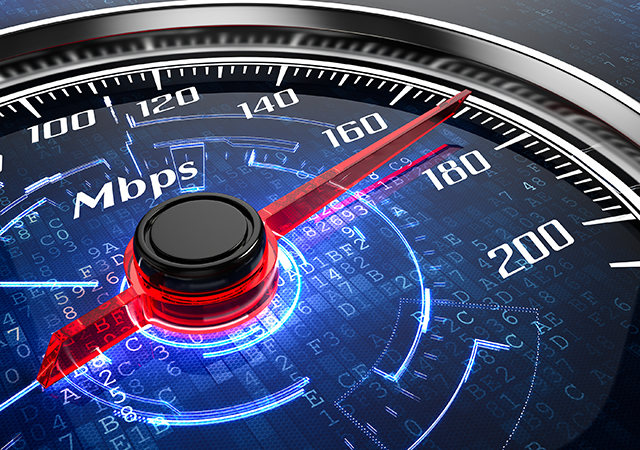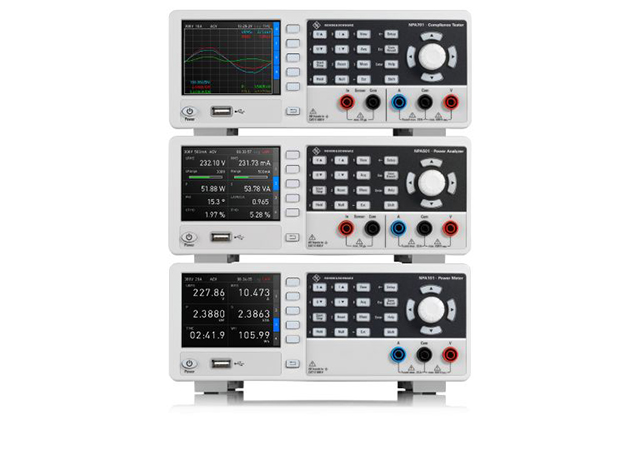

Gulf Industry magazine helps you catch up with the numbers behind economic and industrial developments in the region.
HNWIs positive about GCC growth
High net worth individuals (HNWIs) in the GCC are more positive about the economic situation in the Gulf region than globally, with 55 per cent saying the economic situation in the Gulf is improving compared to 31 per cent saying the global economy is improving, a report said.
Dubai-based Emirates Investment Bank (EIBank), a major investment bank, last month published its second “GCC Wealth Insight Report”, which outlines the views of HNWIs across the Gulf on local and global economies as well as the main elements that define their investment and banking decisions.
Respondents were more cautious towards the global economy compared to last year, with the view that the global economic situation is worsening almost doubling (29 per cent) on last year (16 per cent), the report said.
Some of the highlights were: HNWIs in the UAE (89 per cent), Qatar (83 per cent) and Oman (75 per cent) are the most optimistic among the GCC countries about the prospects of their economies.
Just over a quarter of GCC HNWIs (28 per cent) have had their banking and investment decisions affected by the global economic situation; compared to (66 per cent) last year
GCC HNWIs are now less affected by local economic conditions (33 per cent) in their banking and investment decisions; compared to (43 per cent) last year. A quarter of those affected attributed the reason to the geopolitical situation in the
Arab region.
GCC HNWIs still prefer to invest their wealth in their own businesses (33 per cent) and in real estate (30 per cent); almost same as last year (34 per cent and 25 per cent respectively) rather than stocks and bonds.
UAE tops GCC in investments in France
The UAE remained the leading source country in GCC with nine investment projects in France since the last two years, followed by Saudi Arabia with four projects, a report said.
France attracted a total of 19 investments from GCC during the period, enabling 769 jobs to be created or safeguarded, added the “2014 Annual Report: Foreign investment in France, the international development of the French economy”. It analyses foreign investment decisions in France and their contribution to the French economy.
Other GCC countries recorded rises, including Qatar and Bahrain. Investment projects from GCC are mainly related to production activities (chemical industry, plastics, aeronautics, agro food, fashion industry) and decision centres (primo-implantation).
The structure of investment projects has increased added value with the establishment of R&D centres and education facilities.
In 2014, 1,014 investment decisions created or maintained 26,535 jobs, among which there were 68 projects involving site takeovers by foreign investors that safeguarded 6 411 jobs. On a like-for-like basis with 2013, 740 investment decisions were recorded, up 8 per cent from 2013.
There were also 84 merger/acquisition or shareholding acquisition transactions announced, amounting to a total of more than €13.5 billion ($14.6 billion).
Bahrain Q4 GDP rate eases to 4pc
Bahrain’s real gross domestic product (GDP) growth slowed to 4 per cent year-on-year in the final quarter of 2014.
It is the weakest rate since 3.2 per cent in the first quarter of the year, preliminary data from the Central Informatics Organisation showed.
In the third quarter the GDP grew 5.1 per cent compared to the same period previous year and in the second quarter it jumped 5.7 per cent, the data showed.
Kuwait growth to slow
Kuwait’s real gross domestic product (GDP) has been projected to slow this year as the government cuts subsidies before recovering in the next two year as major development projects get underway, according to a report.
QNB Group’s ‘Kuwait Economic Insight 2015,’ examined recent developments and the outlook for Kuwait’s economy.
Kuwait is well placed to withstand lower international oil prices with strong macroeconomic fundamentals and the lowest breakeven oil prices amongst the GCC countries, it said.
In the hydrocarbon sector, the government has planned to invest $100 billion from 2015-19 on boosting production, upgrading refineries, petrochemicals and transportation - the Burgan oil project, among others, should accelerate oil production growth starting in 2017.
The non-hydrocarbons are expected to be the main engine of growth, driven by government investments, including the Kuwait Metro, the new port and the redevelopment of the airport.
Inflation is expected to rise as subsidies are reduced, with the largest impact in 2015 (4.2 per cent), subsiding to an average four per cent in 2016-17.
The government has announced plans to substantially cut current spending, mainly through the removal of subsidies on diesel, electricity and water, healthcare and petrol.
Foreign inflation is likely to slow this year as commodity prices fall on weak global demand, but this is expected to be reversed in 2016-17, leading to higher foreign inflation.
The government has also planned for a 20 per cent cut in current spending this year, which will mainly be achieved by reducing subsidies, said the report.
Egypt’s current account deficit hits $2.9bn
Egypt’s current account deficit widened to $2.9 billion in the three months to December from $1.4 billion in the same period the previous year, according to Reuters calculations.
The deficit stood at $4.3 billion in the first half of the fiscal year which began on July 1, compared with a deficit of $866 million in the same period a year before, the central bank said.
The deficit was driven by a wider trade gap and a contraction in net transfers, according to a statement posted on the bank’s website. Official transfers, including cash and commodities, fell to $1.1 billion for the quarter, down from $1.9 billion a year earlier, calculations showed.
Saudi Arabia, the UAE and Kuwait have supported Egypt with $23 billion in loans, grants and oil products.
The Gulf Arab allies have also pledged an additional $12 billion in investments and central bank deposits.
Portfolio investment in Egypt also witnessed a net outflow of $2.4 billion in the quarter compared to a $42 million outflow the previous year, which the central bank attributed mostly to the repayment of bonds. Foreigners’ net investments in the Cairo bourse increased by $106 million in the quarter.
The deficit was partly offset by a rise in tourism, with receipts for the quarter more than doubling to $1.92 billion. That is up from $947 million at the height of a security crackdown last year against Mursi’s Muslim Brotherhood supporters.


